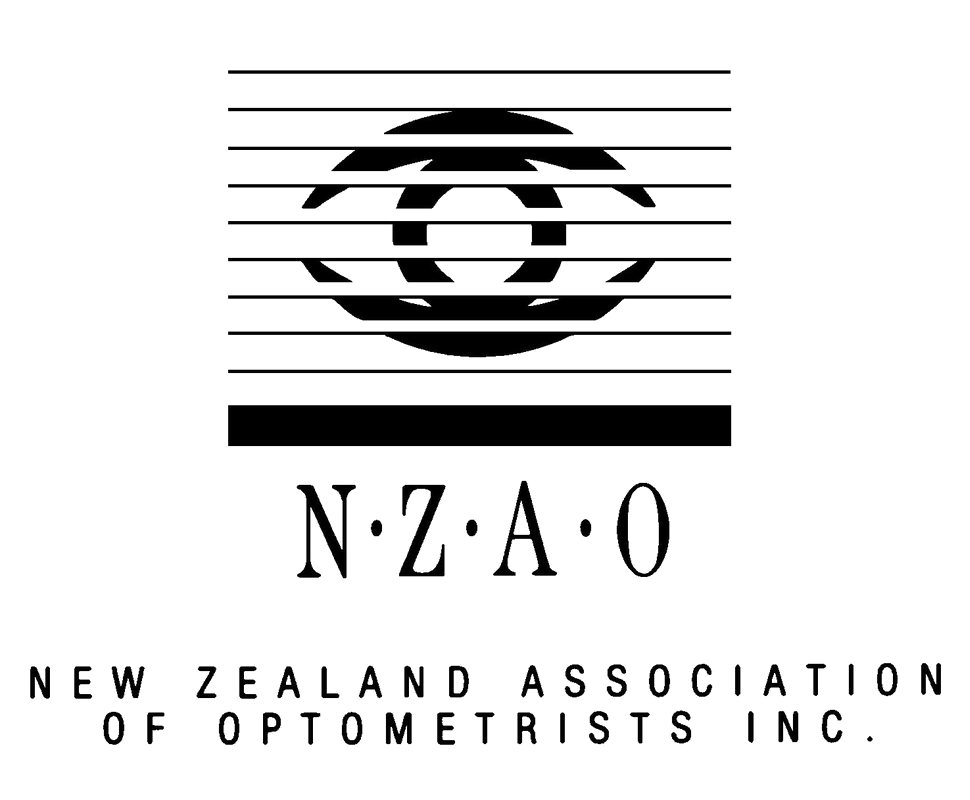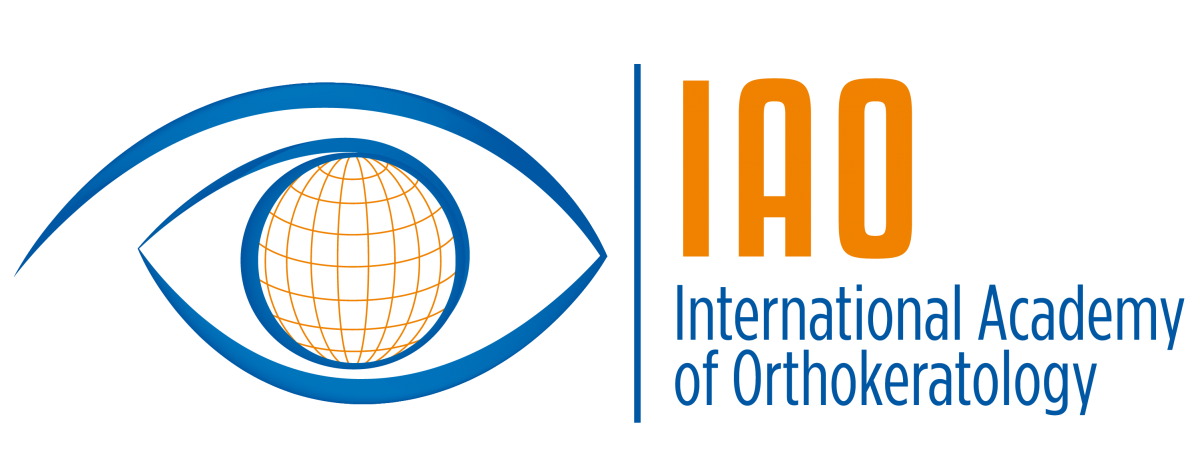This page answers some of the common questions and answers about Bay Eye Care.
If your question is not covered here please contact us.
Questions about the practice
Clinical Questions
Optometrist Mr Aidan Quinlan checking the vision of a young child at Bay Eye Care.
We believe that the profession of optometry is currently in a difficult position. There is increasing retail pressure on practices to sell glasses and offer discounted prices to attract patients/customers. This can conflict with an optometrist's obligation to offer quality unbiased health-care. By avoiding selling glasses Bay Eye Care can ensure that the medically-focused care provided is not influenced by external commercial factors. This ultimately benefits our patients.
You should allow up to 1 hour for a comprehensive consultation at Bay Eye Care. If it is your first visit to our practice please arrive 10 minute earlier to complete our welcome form and other documentation.
As health professionals we charge for our time and expertise. The consultation fee for our typical comprehensive examination for an adult is $159. Most patients will require further testing or ocular imaging to fully investigate their ocular health, depending on their age and eye condition. These services have an additional fee. A more thorough breakdown of our key services and fees can be found here.
Many patients that see us are referred from other optometrists, ophthalmologists and GPs for our specialised services. However a referral is not necessary and we welcome new patients to our practice, even for a general ‘warrant-of-fitness’ for your eyes!
Bay Eye Care has a very strict same-day payment policy for our consultation charges. Likewise you must pay for products such as contact lenses or solutions in full before you can take them away. We accept credit cards, debit cards, and EFTPOS cards. We do not accept cash, cheques or direct debit arrangements. Unfortunately at this time we cannot offer payment terms on larger accounts.
These days the majority of eye problems can be very well managed by the therapeutic optometrists at Bay Eye Care. We can prescribe medications for a range of eye conditions, including glaucoma, and we have access to an array of advanced diagnostic and management equipment. Some patients have serious eye conditions that fall outside Bay Eye Care's area of expertise. These patients are best managed in collaboration with an ophthalmologist (eye doctor/surgeon), or other medical professional. Our optometrists are well placed to evaluate your eye condition and refer to our ophthalmology colleagues if required.
At Bay Eye Care we have great respect for our colleagues in general medical practice. So much so that we spent five years working within the premises of Fifth Avenue on Tenth's GP clinic in Promed House, until 2022! However, we believe if you have an eye problem you should see an eye care professional. Bay Eye Care has the appropriate equipment and expertise to diagnose and manage your eye problem, and we always keep a few appointment slots available for emergency appointments each day (please contact us by phone to arrange this). Outside of normal consulting hours it is best to visit a doctor or the emergency department if you have an urgent eye problem, rather than waiting for the next day that we are available to see you.
Bay Eye Care recommends routine comprehensive eye examinations once every 2 years. Even if your vision is clear and painless you may have a serious eye condition developing that requires investigation. All contact lens wearers should be seen at least every year due to the greater risk of eye problems associated with contact lens wear.
All New Zealand children should have their eyes screened shortly after they are born and later around the age of 4. These are quick checks and are no substitute for a thorough examination with an optometrist. Vision problems may be present even if your child passes this screening. At Bay Eye Care we recommend your child has a consultation with us before they begin school, or sooner if you notice signs or symptoms such as a turned eye or head, squinting to see and sitting close to books or TV to name a few.
Find out more about children's vision problems here.
At Bay Eye Care we specialise in fitting contact lenses for a range of eye conditions and ages. Even if you have failed wearing contact lenses in the past it is worth discussing your options with us. The range of modern contact lens types available means there are very few people that cannot wear contact lenses safely and happily. See our Contact Lens page.
You certainly do. At Bay Eye Care we believe the most important part of an eye examination is checking for ocular disease. Some common eye conditions can develop even if you can see well without your glasses or contact lenses.
The short answer is no. Behavioural optometry adopts a holistic approach to vision problems. Instead our optometrists draw on evidence-based knowledge from our optometry training and clinical experience to diagnose and manage problems with children's binocular vision including focusing, eye coordination, amblyopia (lazy eye), strabismus (turned eye) and refractive error. Treatment for these conditions can include vision training: eye exercises to improve a particular aspect of a child's visual performance. We also take an active role in limiting the progression of short-sightedness in children, due to the potentially blinding effects of this condition later in life.







